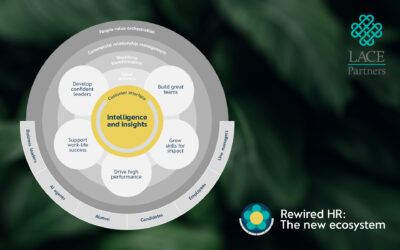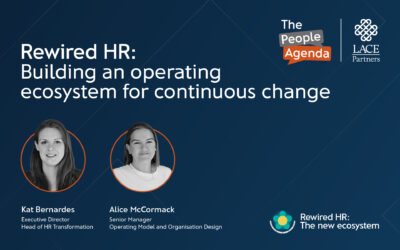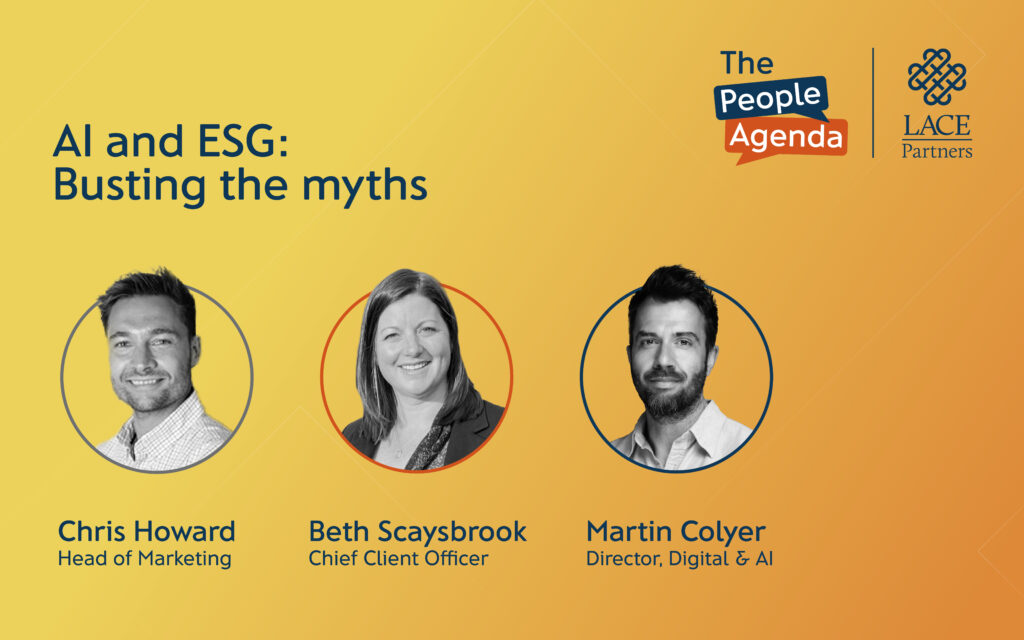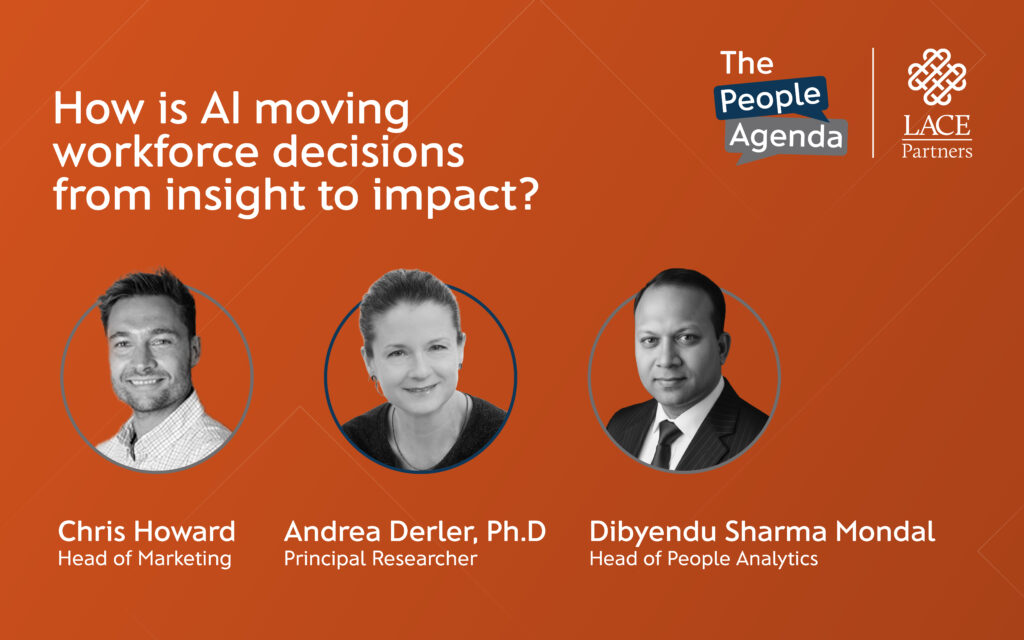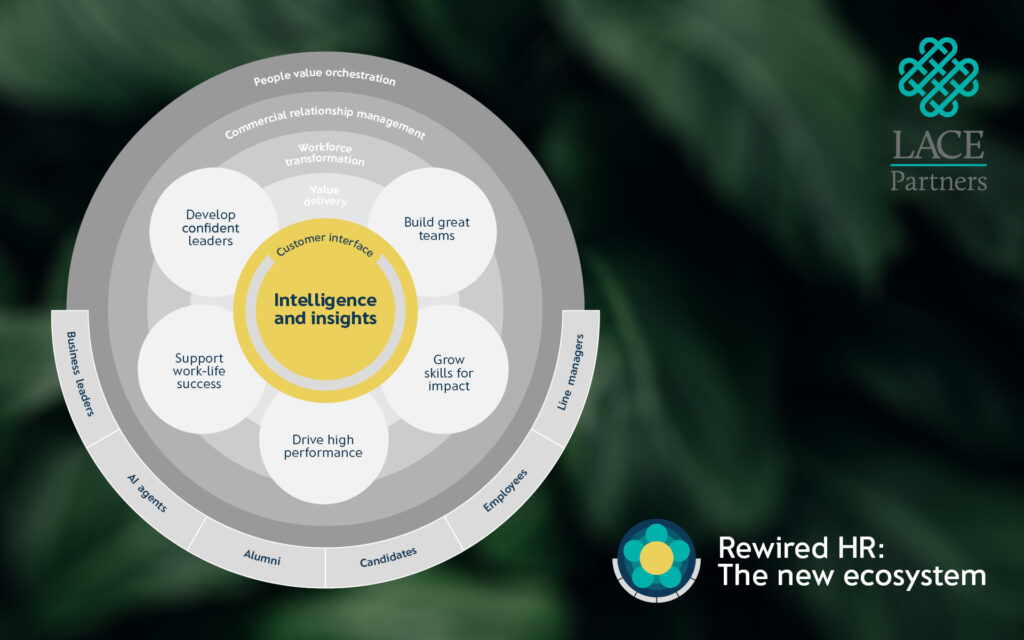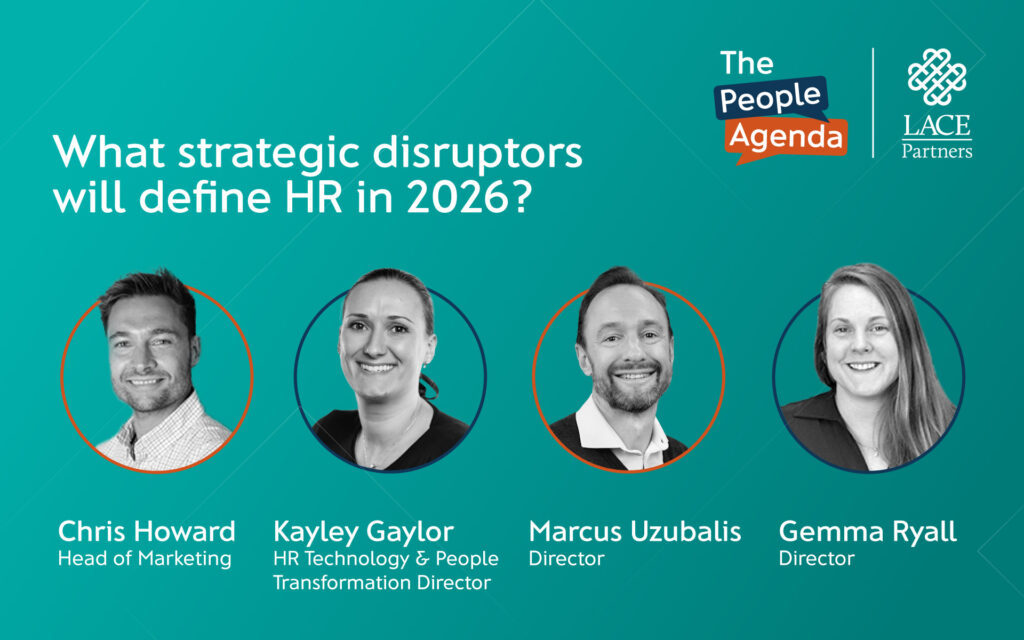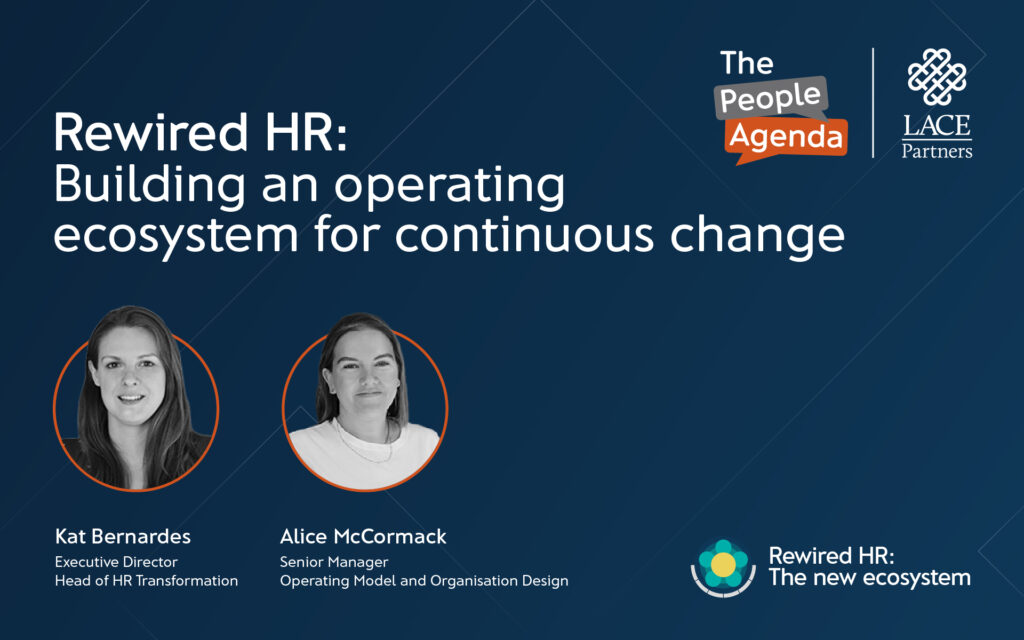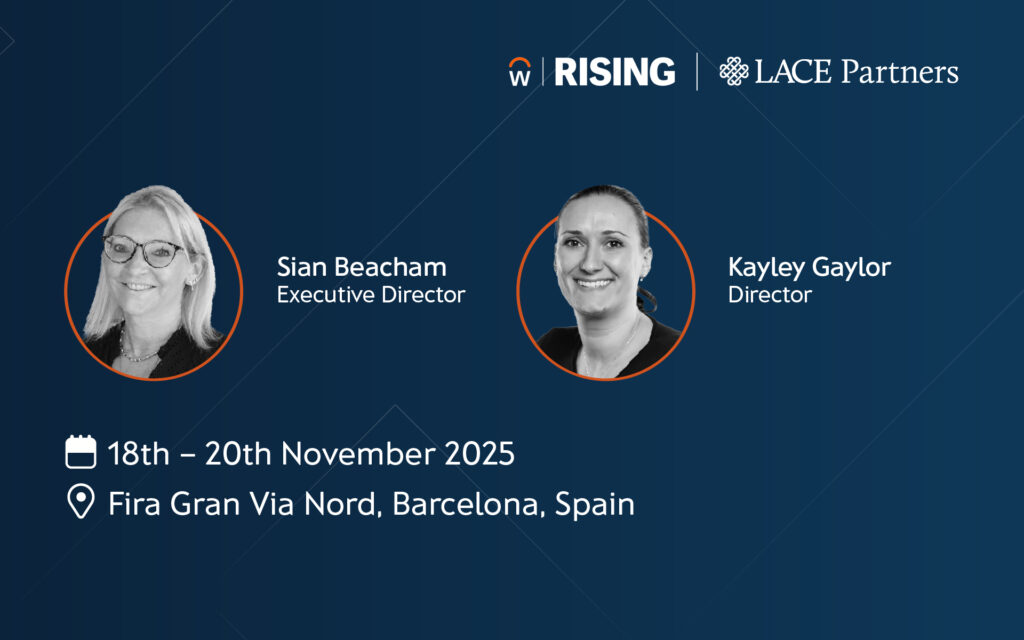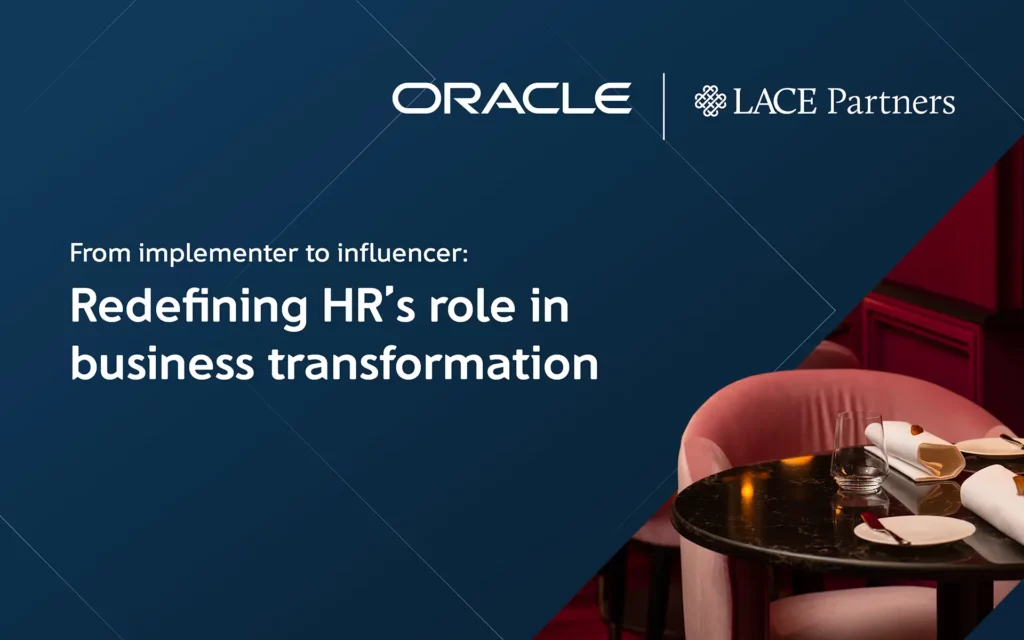 If your organisation hasn’t been through some form of transformation over the last few years, you are in the minority. According to research published last summer in Harvard Business Review, at any given time more than a third of large organisations have a transformation programme underway, with about half of CEOs reporting that their company has undergone two or more major change efforts in the past five years – and about 20% reporting three or more.
If your organisation hasn’t been through some form of transformation over the last few years, you are in the minority. According to research published last summer in Harvard Business Review, at any given time more than a third of large organisations have a transformation programme underway, with about half of CEOs reporting that their company has undergone two or more major change efforts in the past five years – and about 20% reporting three or more.
Many macro factors are driving this accelerated transformation cycle, all of which can be filed under the sub-head: disruption. Technological and digital disruption (including the inexorable and exponential rise of generative AI), geopolitical disruption, social and demographic disruption, economic disruption, environmental disruption – organisations and leaders are finding themselves buffeted on all sides, attempting to reshape and re-equip their businesses and their people to be able to ride the waves of change as comfortably as possible.
Rather than ‘one and done’ initiatives, transformation and change have become business as usual for many organisations – a constant theme of work life for leaders and colleagues at all levels to navigate. But what does this mean for the role of HR, and specifically the Chief People Officer?
At LACE, we’ve has been investigating the real role that HR leaders play in helping drive business transformation, both across the people workstream and beyond. Through a series of roundtable events with HR leaders and an exclusive survey with C-suite business leaders from a range of functions and organisations, we’ve been asking:
- Why are people workstreams so critical to transformation?
- How is, and how should, HR shape the business transformation agenda?
- What are the barriers preventing HR from playing a more strategic, leading role in transformation?
- Ultimately, how do we redefine HR’s role in business transformation?
This article gives a taster of what we’ve uncovered so far, through survey research and a roundtable session, in partnership with HR Director magazine. Look out for our in-depth whitepaper later on this autumn, which will dive further into the findings and offer actionable tips and techniques for HR leaders to seize the opportunities transformation presents, adding more value to their organisations and elevating their function along the way. You can also get more information about our campaign, including some initial framing podcasts and blogs here – Proactive People transformation.
Transformation is existential
Roundtable attendees, who represented organisations from a wide range of sectors, tech to supermarkets, construction to logistics, agreed that increased competition (often from less expected sources), high customer expectations, and a shifting digital landscape mean innovation and transformation are no longer optional; they are existential.
“Technology and competition drive the change,” one CPO reflected. “You can’t stand still. If you’re not constantly innovating and adjusting, you’re losing market share and being left behind.”
Another shared that in their global tech firm, the HR function and the workforce at large is having to absorb “an incredible amount of change,” adding: “Cycles that would have been yearly are now monthly, or even bi-weekly. It’s tough, and it means HR itself is changing.”
Is HR setting strategy – or just implementing it?
According to our data, gathered from a survey of CPOs and other C-suite leaders from large businesses, while 42% of CPOs are involved in transformation at the initial strategy-setting phase, more than half (52%) say they are only brought in once implementation planning begins. And 41% of respondents across the C-suite feel that HR is reactive, not proactive, when it comes to transformation planning.
From the CEO perspective, one-third (32%) of CEOs say HR leaders are involved as early as the strategy-setting phase, and 54% say HR is involved when decisions are being made. Notably, other C-suite roles are less convinced of the role HR plays at this strategic level.
“CPOs need to set the tone and get in early,” one roundtable attendee suggested, while another questioned how many CEOs and other C-suite leaders really understand how to leverage a truly strategic and commercial CPO. Which leads us neatly to…
Elevating HR’s narrative
Regular transformation provides a huge opportunity for CPOs – if other C-suite members recognise that people are a key (if not the key) enabler (or blocker) of transformation and impact. But to seize this opportunity, HR leaders need to tell a compelling, convincing narrative around the strategic impact and value of their function.
“We have to show up in a commercial, credible way so there’s no question from the C-suite about the value we bring,” one CPO said. Our research found that just under half of business leaders still primarily associate HR with administrative or compliance functions, and that HR is seen by many as too reactive, tied to intangible outcomes and less directly linked to business performance.
This is the narrative that savvy and strategic HR leaders must shift, learning, in the words of one CPO at the roundtable, to “speak the language of value, not just values.”
Building cultures that can cope with change
The CPO role is unique in its ability to take a bird’s-eye view across the whole organisation. CPOs can act as integrators, guiding other C-suite members in building a culture that is ready for, rather than resistant to, change.
One roundtable attendee reflected that change can sometimes feel like “organised chaos,” with work and direction constantly shifting. HR leaders can bring an element of control to this chaos, helping to build psychological safety and bringing intention and purpose to the development of agile, accountable, and resilient cultures that can deal with ongoing change.
The very nature of work itself is changing, No one should be better placed than the CPO to take workforces and businesses through that journey, leading people-driven business transformation.
Over the coming months we’ll be running a series of invitation-only events for CPOs and those responsible for workforce transformation within their respective businesses, including this upcoming event: The proactive people transformation playbook. If you’d like more information about that event and to register an expression of interest in attending, you can fill in the form below, or the form on the event page itself.



